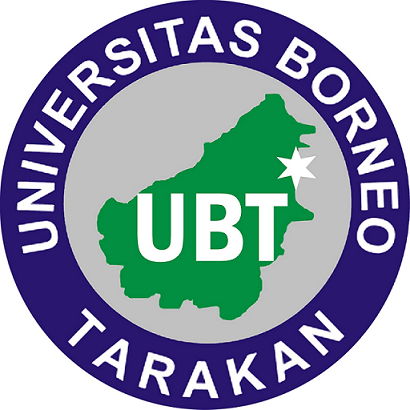KEBIJAKAN HUKUMAN MATI DAN PROBLEMATIKA PENERAPAN DITINJAU DARI HAK ASASI MANUSIA
Abstract
Abstract
Indonesia is one of the countries that still maintains and acknowledges the
legality of the death penalty as one of the ways to punish perpetrators of criminal
acts. Furthermore, the existence of the death penalty in Indonesia will continue
to persist in the future, as it is retained as one of the criminal sanctions in the
new draft of the Criminal Code. The death penalty, in addition to being the most
severe punishment, is also a highly daunting penalty, particularly for convicts
awaiting execution. This research employs a normative juridical approach, a
method in which law is conceptualized as norms, rules, principles, or doctrines.
The approach in this study utilizes secondary data comprising primary legal
materials, secondary legal materials, and tertiary legal materials. Based on the
findings of this research, the policy of the death penalty, when viewed through
the lens of Human Rights, significantly contradicts Human Rights principles as it
pertains to the fundamental right to life. The 1945 Constitution of Indonesia, as
the written fundamental law of the nation, has declared that every individual has
the right to life and the protection of that life.
Keywords: the death penalty, death penalty policy, human rights
Full Text:
PDFDOI: https://doi.org/10.35334/ay.v8i2.4748
Refbacks
- There are currently no refbacks.
Copyright (c) 2023 JURNAL AKTA YUDISIA

This work is licensed under a Creative Commons Attribution-NonCommercial-ShareAlike 4.0 International License.
INDEKS:
 Â Â
  
 Â Â
    Â
   Â
 


 | JURNAL AKTA YUDISIA |
Ciptaan disebarluaskan di bawah Lisensi Creative Commons Atribusi-NonKomersial 4.0 Internasional.







